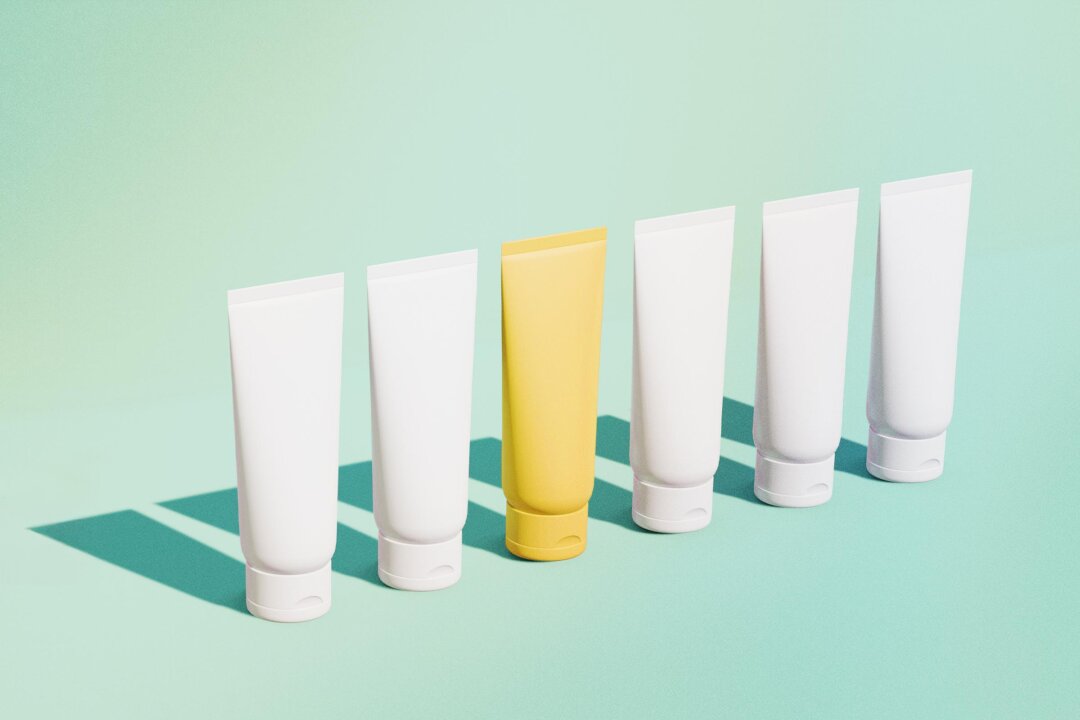Recent findings highlight potential risks associated with popular anti-aging skincare ingredients, particularly those containing alpha hydroxy acids (AHAs). These widely used components, found in many cleansing and anti-aging products, may increase sun sensitivity and contribute to accelerated skin aging.
Dermatologist Dr. Brooke Jeffy raised concerns regarding the lack of awareness among users, especially women and younger individuals, about how these products can affect their skin. “We need to be sure that we’re using sunscreen and sun protection,” she emphasized in an interview with The Epoch Times.
Alpha hydroxy acids, a group of active chemical ingredients, are known for their ability to facilitate skin shedding. They are often added to products to alter the pH balance, enhancing the effectiveness of the formulation. However, their benefits come with significant caveats, particularly the risk of increased sensitivity to sunlight.
Understanding the Risks of Alpha Hydroxy Acids
The concern surrounding AHAs is rooted in their exfoliating properties. While they can effectively remove dead skin cells, this process can leave the skin more vulnerable to UV rays. Increased sun sensitivity can lead to various skin issues, including sunburn and premature aging.
Dr. Jeffy urges consumers to read product labels carefully and to consider their sun protection strategies when using products containing AHAs. She advises that applying sunscreen daily is crucial, regardless of the weather or season. “The skin needs protection, especially if you are using products that can make it more sensitive,” she stated.
The increase in the use of skincare products among younger demographics amplifies these concerns. As skincare routines become more prevalent among teenagers and young adults, educating this population about the potential side effects of their products is essential.
Consumer Awareness and Education
As the skincare industry continues to grow, it is vital for consumers to be informed about the ingredients they apply to their skin. Millions of individuals rely on anti-aging products, often without fully understanding their implications.
Dermatologists like Dr. Jeffy are advocating for greater transparency in the beauty industry. Enhanced labeling practices and consumer education initiatives could help mitigate risks associated with sun sensitivity.
In conclusion, while AHAs offer benefits in skincare, they also carry significant risks that warrant caution. The message from experts is clear: Sun protection is paramount for anyone using these ingredients. As skincare becomes an integral part of daily routines, prioritizing informed choices can help maintain youthful and healthy skin.







































































